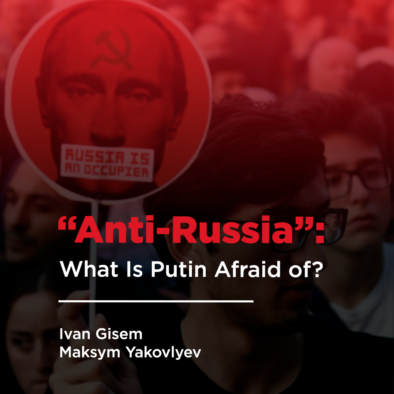Russia has not rejected yet its idea of the “near abroad” as the zone of its exclusive interests. The wish to regain its status as a superpower stimulates Russia’s foreign policy decision makers to use both hard and soft power for influencing the political processes in the CIS and Baltic countries. Intensifying Russia’s compatriots policy implementation is one of the instruments for influencing the neighbouring countries’ politics. Within the abovementioned policy, moral and legal arguments are searched in favour of Russia’s more active behaviour in its relations with the CIS and Baltic states.
This book is work of six think tanks from the Baltic States, Ukraine, Moldova and Georgia. Centre for East European Policy Studies (Latvia) had a leading role in the implementation of this research project. Contributors include the International Centre for Defence Studies (Estonia), the Centre for Geopolitical Studies (Lithuania), the School for Policy Analysis at the National University of Kyiv-Mohyla Academy (Ukraine), the Foreign Policy Association of Moldova (Moldova), and the International Centre for Geopolitical Studies (Georgia).


